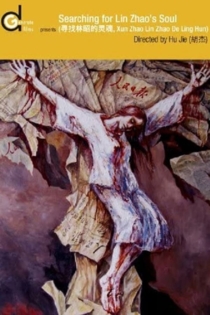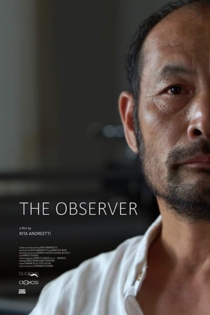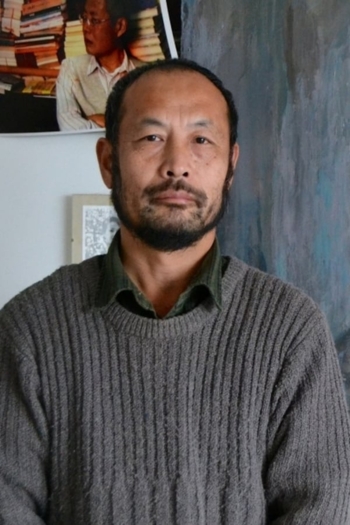
Hu Jie
1958 (67 лет)我虽死去
Hu Jie
Jingyao Wang
Filmmaker Hu Jie uncovers the tragic story of a teacher beaten to death by her students during the Cultural Revoution. In 1966, the Cultural Revolution exploded throughout China, as Mao's Red Guards persecuted suspected Rightists. Bian Zhongyun, the vice principal of a prestigious school in Beijing, was beaten to death by her own students, becoming one of the first victims of the revolutionary violence that would engulf the entire nation.
Though I Am Gone
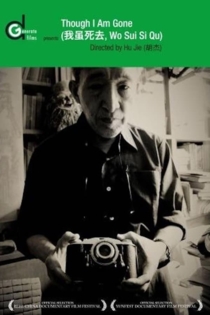
Xing huo
Hu Jie
Spark was an underground publication that emerged in Gansu province in 1960, and was centered on the ongoing famine and the Great Leap Forward. Ultimately, 43 people, including the Rightist teachers and students who were connected with the publication, the peasants and the rural cadres who sympathized with them, were arrested and given long prison terms. Among them, three key figures were executed during the Cultural Revolution.
Spark
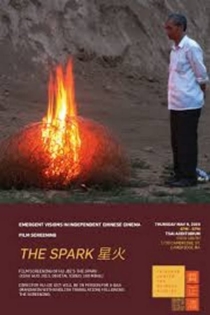
沉默的怒江
Hu Jie
In the mountains of China's Qinghai Province, there are countless small coal mines. The miners are all rural residents who live nearby, and their bodies are covered in coal dust from all the coal they must dig out each day to earn 500 yuan a month. The film records how they labour, the sounds of their heavy breathing, and what they see working far underground, while cherishing dreams of a better life, such as the kind we live.
The Silent Nu River
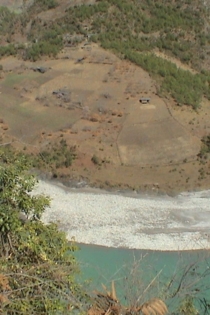
塔园
Hu Jie
Tayuan is the location of the first museum of the Cultural Revolution in China. However, this important Cultural Revolution museum was established with private funds. The reason for its construction here is that there is a tomb of the victims of the Cultural Revolution. This film documents the little-known massacre and the construction of the Cultural Revolution Museum in Shantou, Guangdong during the Cultural Revolution. However, a few years later, this museum was banned by the government.
Tayuan

宝宝贝贝
Hu Jie
Baobao and Beibei are twins and live in Nanjing. When they were three-and-a-half years old, their parents were laid off. To secure their the children's future, their parents choose for Baobao and Beibei to be gymnast, because the school sports coach had praised them. In order to train sports stars, amateur sports schools conduct cruel training on young children. Parents also have to obey the coach’s request and force their children to practice exercises. They believe that sports are a fair competition, and, as long as they are hard-hearted and push their children to the top, they will have bright prospects. Baobao and Beibei spent their childhood training like this. Their ideal is to participate in the Olympics, win gold medals for their country, and buy a house for their parents.
Baobao and Beibei
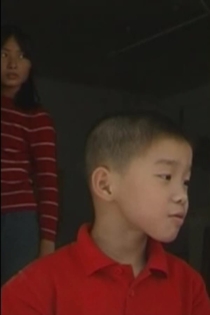
圆明园的画家生活
Hu Jie
In the years before 1995, young artists who pursued free creativity came from all over the country to Yuanmingyuan, in the western suburbs of Beijing. These people settled in the rental houses of the village farmers, and then ambitiously bought paint-stretched canvases to explore and create art. The biggest difficulty they face is to make up for the monthly rent to be paid to the landlord. Selling paintings is not their only means of survival; they would also rely on other crafts to maintain their lives. Their works were very different; they have a spirit of rebellion, and they do not conform to traditional aesthetics. This is what caused Sate officials to intervene. (Shot May–December 1995.)
The Artists of Yuanmingyuan
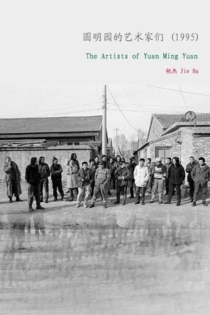
阴道独白 幕后故事
Hu Jie
In order to participate in "International Day Against Violence to Women," in 2003, Eve Ensler pioneering feminist drama was adapted by teachers and students of the Sun Yat-sen University Gender Education Forum in Mainland China, adding an artistic interpretation of the gendered experiences of Chinese women. It was performed at the Guangdong Museum of Art. But in a country that talks publicly about sex changes, teachers and students encountered responses they could not have imagined. This film records what happened to these teachers and students following the performance of The Vagina Monologues.
The Vagina Monologues: Stories from Behind the Scenes
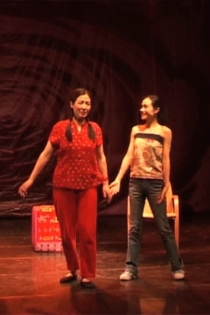
拆房工
Hu Jie
One of Hu Jie's 'Farmers Working in the City' films. The city is developing rapidly, with tall buildings and highways. Behind this bustling city, there is such a group of people. They come from the countryside. Maybe they are not dressed well, or they have only finished elementary school, but they work hard with their own work. The piece of prosperity pays its youth and sweat. (Shot between 1997 and 1998.)
Demolition Workers
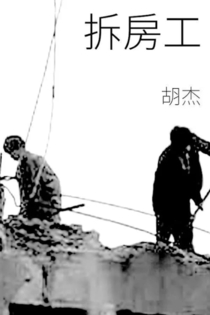
圣光
Hu Jie
The melody of the hymn echoes in the old streets and alleys of the city. This is strange in a country that regards religion as a spiritual opium. The small, messy street was full of old people, and they began to pray with the sound of the room on the street. On the roof, a simple cross gleamed in the sun. During the Cultural Revolution, Christianity was completely eradicated. In China's political environment, Christianity has always been regarded as an extremely reactionary and evil thing, and openly believing in God would bring prison sentences. After the reform and opening up, Christianity also resumed activities. Although the Three-Self Church under official control is orthodox, house churches that are not under official control have also emerged in various cities. This film documents the activities of a house church in Nanjing.
Holy Light

清洁工
Hu Jie
One of Hu Jie's 'Farmers Working in the City' films. The city is developing rapidly, with tall buildings and highways. Behind this bustling city, there is such a group of people. They come from the countryside. Maybe they are not dressed well, or they have only finished elementary school, but they work hard with their own work. The piece of prosperity pays its youth and sweat. (Shot between 1997 and 1998)
Garbage Men

生生不息
Hu Jie
Like most local young women, Xiaohua met Chunling, a young man from another village, through a matchmaker and chose a good day to get married. After marriage, they live with Chunling's parents. The young couple fall in love with each other and give birth to a baby boy. According to the requirements of the national family planning policy, first-born males in rural areas cannot have further children. But farmers have their own ideas. A family should not have only boys, but also girls. If there are no boys, they will do everything possible to have boys to continue the family line. Therefore, the township government sends a family planning team. At the risk of being fined, Xiao Hua becomes pregnant again. When she’s in labor, Chunling finds a midwife. They successfully give birth to a baby girl. To avoid being arrested, Chunling takes initiative to pay a 3,000 fine. The couple leave their children with family and go to work in Beijing. (Shot from 1996-2007)
The Circle of Life
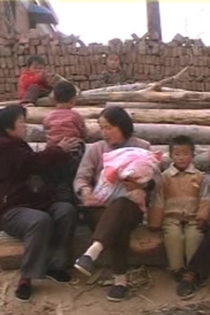
民选村长
Hu Jie
With the opening up of the economy, grassroots democracy has come. But since the land is owned by the state, the local government actually has absolute control. The so-called democratically elected village chief quickly learns that his role is to cooperate with the government in using land to develop the economy. Power-to-money transactions are open secrets. Due to the uneven economic development in the villages, each has a different story, but the use of land for profit is a constant theme. The filming location is a rural village in the outside Beijing. Less of focus is how villages elect than the mutation after. Faced with huge land assets and overseeing relationships between land, power, economics, social systems, how does a hard-working, upright peasant conduct himself? This film documents the pain: the experience of soul sublimation and degeneration. We see 'birth defects' in this "democracy" — one without checks and balances, grafted onto autocracy.
Electing a Village Chief

